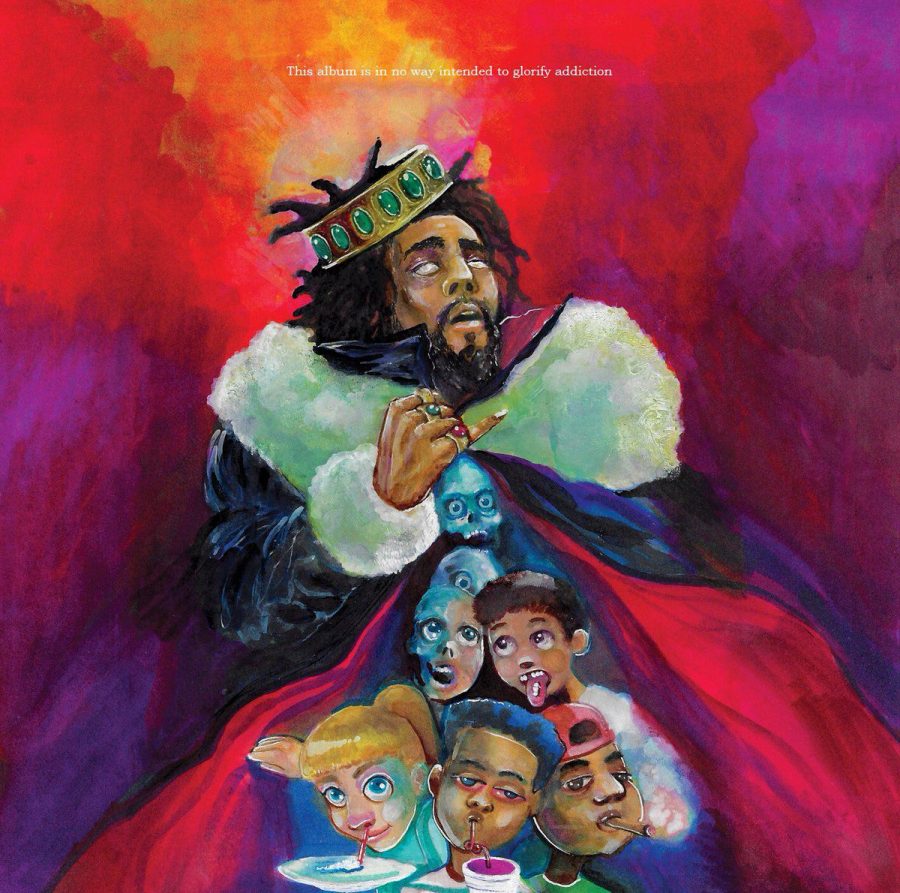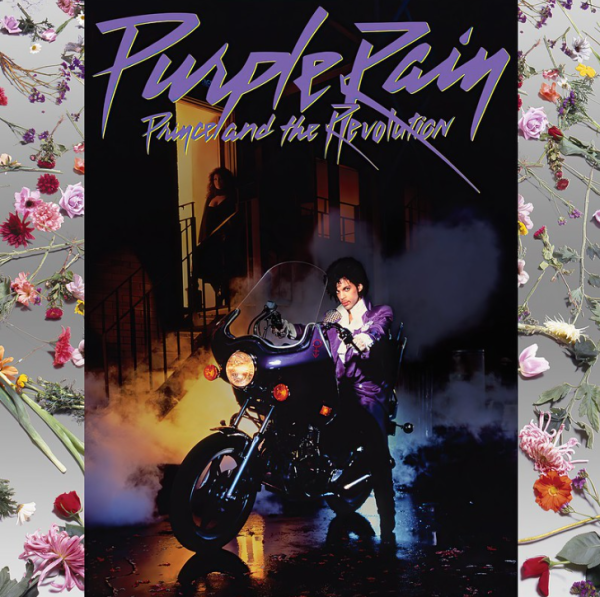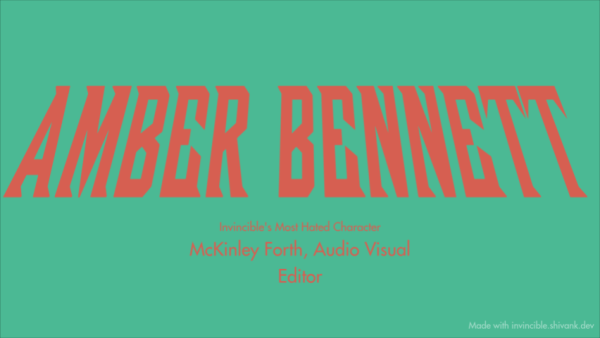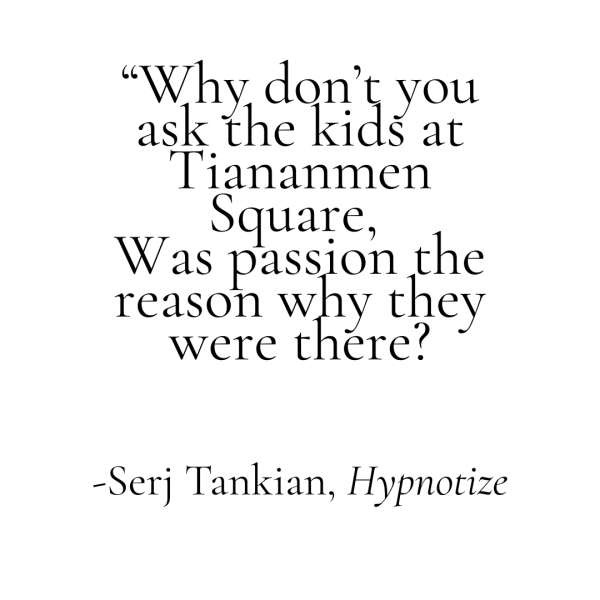J. Cole sets himself apart with new release, KOD
American Rapper, Jermaine Cole, better known by his stage name J. Cole, released his fifth studio album April 20, titled KOD.
J. Cole first made a name for himself in the late 2000s and early 2010s with a series of mixtapes and EPs. His big breakthrough came in 2014, with the smash hit album 2014 Forest Hills Drive. KOD is the follow up to 2016’s 4 Your Eyez Only, which showed a more emotional, political side of J. Cole that fans had not seen a lot of before. It was also a musical step up for him, using elements of jazz and string instruments. KOD definitely expands on this right off the bat.
“Intro” catches the attention of the listener with its groovy saxophone and spoken words, which describe the emotional range of a infant. “Life can bring much pain. There are many ways to deal with this pain, choose wisely” is a phrase first spoken in this song and then repeated throughout the album. Many believe this to be J. Cole expressing that drugs and alcohol are not the answer to our problems, which becomes a major theme in the album. “Intro” is a very brief song, but that makes it the perfect opener, leaving the listener wanting to hear what is next.
The trap-influenced title track is the second one on the album. J. Cole stated on twitter that this abbreviation has three different meanings:, Kids on Drugs, King OverDosed, and Kill our Demons. J Cole’s flow on this track is excellent (as usual), and the lyrics are pretty exceptional too. They describe Cole’s frustration with the music industry’s current state. J. Cole goes very in-depth about this topics later. This song is a great preview for what the rest of the album consists of.
The next song, “Photograph” is a about a girl, but it is not a typical love song. It is about a woman who J. Cole only knows on the internet. It is a lyrical masterpiece, discussing not only how social media affects love lives and relationships, but how social media allows people to portray themselves in ways that are not entirely true. The beat features a guitar and is like many others on the album: simple, but smooth.
Cole is not known for collaborating. In fact, he has had no featured artists on his last two albums. The fourth song on this album, “The Cut Off,” features an unknown rapper by the name of kiLL Edward, leaving many listeners speculating. It turns out that he is Cole’s alter ego, according to Cole himself. kiLL Edward represents the part of Cole that gives in to temptation. This song features a simple piano and beat, with only one verse from Cole, discussing fame and his relationships with his peers. It is a great song, but it would be better if Cole’s rapping were more prominent than the kiLL Edward vocals.
“ATM” is a very catchy song with cool samples. Cole’s flow is flawless, but the redundant lyrics leave a lot to be desired. Still, the song isn’t bad. Cole repeats the idea: “Life can bring much pain. There are many ways to deal with this pain, choose wisely”.
“Motiv8” marks the halfway point of the album, but it is quite possibly the low point, musically and lyrically. The beat is bland and goes nowhere. The lyrics sounds half-hearted and the “get money” sample is maddening after a while. The only good part of the song is its short length of 2:14 min.
But the next song makes up for that “Kevin’s Heart” puts Cole’s singing voice at center stage, and the lyrics describe romantic cheating from a man’s view. The smooth beat complements the emotional tone of Cole’s rapping, making for another great song.
“BRACKETS” is perhaps the highlight of the entire album, from the Richard Pryor comedy sample, to the incredible bass. Cole raps about the economy, taxes, the education system, and gang violence in a way that few other rappers can.
Following that is another lyrical masterpiece, “Once an Addict.” The song consists of one long verse of autobiographical, emotional lyrics about young Cole with an alcoholic mother. This bares his soul and conflicting emotions. It is the rawest song on the album, with pain in Cole’s voice as he dishonors drug and alcohol use yet again.
“FRIENDS” features kiLL Edward, again addressing drug abuse. The beat is a little underwhelming, but the lyrics make up for it, covering things that get the blame for anxiety and depression, with drugs (specifically marijuana) and alcohol as emotional crutches. Towards the end of the song the listener hears “Meditate, don’t medicate,” which embodies the theme of the album.
The penultimate song is “Window Pain,” a personal and emotional song about gang violence and mental health. The instrumental features bass and saxophone, and the track sums up the album’s theme.
The last track on the album is the one that everyone is talking about. “1985” is Cole’s take on the new wave of face-tattooed, colorful haired, and in-your-face Soundcloud rappers who have become popular over the past few years — specifically Lil Pump, who on multiple occasions has expressed his hatred towards Cole. Many call this a diss track, but it is more like a piece of advice to his younger contemporaries. He tells them that new up and coming rapper’s impact on the youth is bad because of their public use of drugs and their materialistic lifestyles. Cole makes valid points here — that these rappers are spending money on the wrong things, that their fans will grow up soon and outgrow their music.
KOD was a commercial success, breaking Apple Music and Spotify records in the first two days of its release. This is impressive considering the record was announced very shortly before it came out, with no pre-release singles or actual featured artists. Maybe the only complaint about this album overall is that a few of the instrumentals can get bland after a while. But they’re still adequate, considering Cole made them on his own while many rappers need a team of producers to make one beat.
The majority of the rap industry sticks to short songs about jewelry, money, cars and drugs backed by insubstantial trap beats to match shallow album concepts. Cole stands out with his lyrics about real issues backed by beats based on jazz and soul. For these reasons, KOD gets a 9.3/10.






